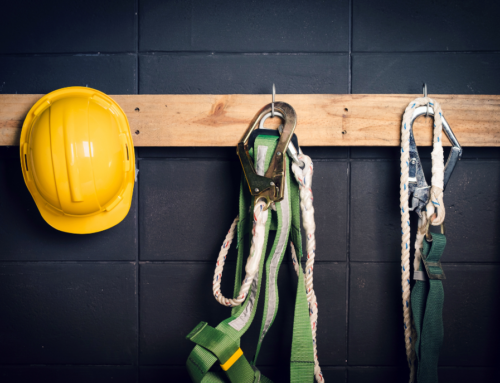What will happen to your construction business when you’re gone – or do you just want to retire from it all?
The transition process can be challenging. As Construction Dive notes, “Building a successful construction business isn’t an overnight process. It takes years to build relationships and develop a reputation for quality that makes customers confident enough to hire you.”
Your legacy lies not in what you pass along but in how you do it.
Begin your construction business succession with the family
Many construction business owners delay the succession process for as long as possible. Procrastination until retirement can make the transition even more difficult because handing over a business, especially a construction business, isn’t a quick transaction.
With more than half of owners lacking a transition plan, and many of them nearing their hard-earned golden years, companies may find themselves in a precarious position.
Fortunately, industry experts have outlined clear steps to help you embark on the process. Begin your succession plan with these steps:
- Talk with your family members. Find out who is interested in the business and wants to continue the family legacy. Forcing the business on an uninterested or unprepared family member can create hostility.
- Resolve any disagreements. It’s better to mend relationships before the succession plan is in place so heirs can work together seamlessly.
- Decide how to shift the ownership. Talk to your financial planner and tax advisor about whether you should gift or sell your company. Gifting could provide a windfall but selling may bring in retirement income.
- Bring in the experts. Passing on your construction business requires more than handing over the keys and hoping you’ll be invited back for an occasional coffee. You’ll need the services of attorneys, appraisers, accountants, and even a recruiter to ensure a smooth transition.
- Onboard the successors. Bringing in the successors early helps them learn the ropes. It also provides them with the time needed to gain clients’ trust and, most importantly, employees.
The essential key to a successful transition is your ability to communicate early and clearly.
Plan for relationship sustainability
When you prepare for nurturing and maintaining the relationships you built over the years, think about how to tell your stakeholders of the changes. Given enough time, you can speak with your teams of employees and many of your clients. You may also wish to develop a new marketing strategy to reposition the brand you’ve built.
Passing on your construction business to a family is more than the nuts and bolts of the company itself. You’re handing over a legacy of human capital; especially for that reason, your planning must be thoroughly focused on people.








Leave A Comment